COVID still has many people concerned about the dangers of respiratory illnesses resulting from cold and flu. This is understandable. Common colds and flu will not just have us feeling under the weather for a few weeks but can also impact our entire respiratory system. And although we are now more aware of ways to avoid the risks of contracting colds and flu, we may not be aware that those risks are also tied to poor oral health. Here we reveal surprising findings that show how dental care helps protect your respiratory system.
What Exactly Is The Respiratory System?
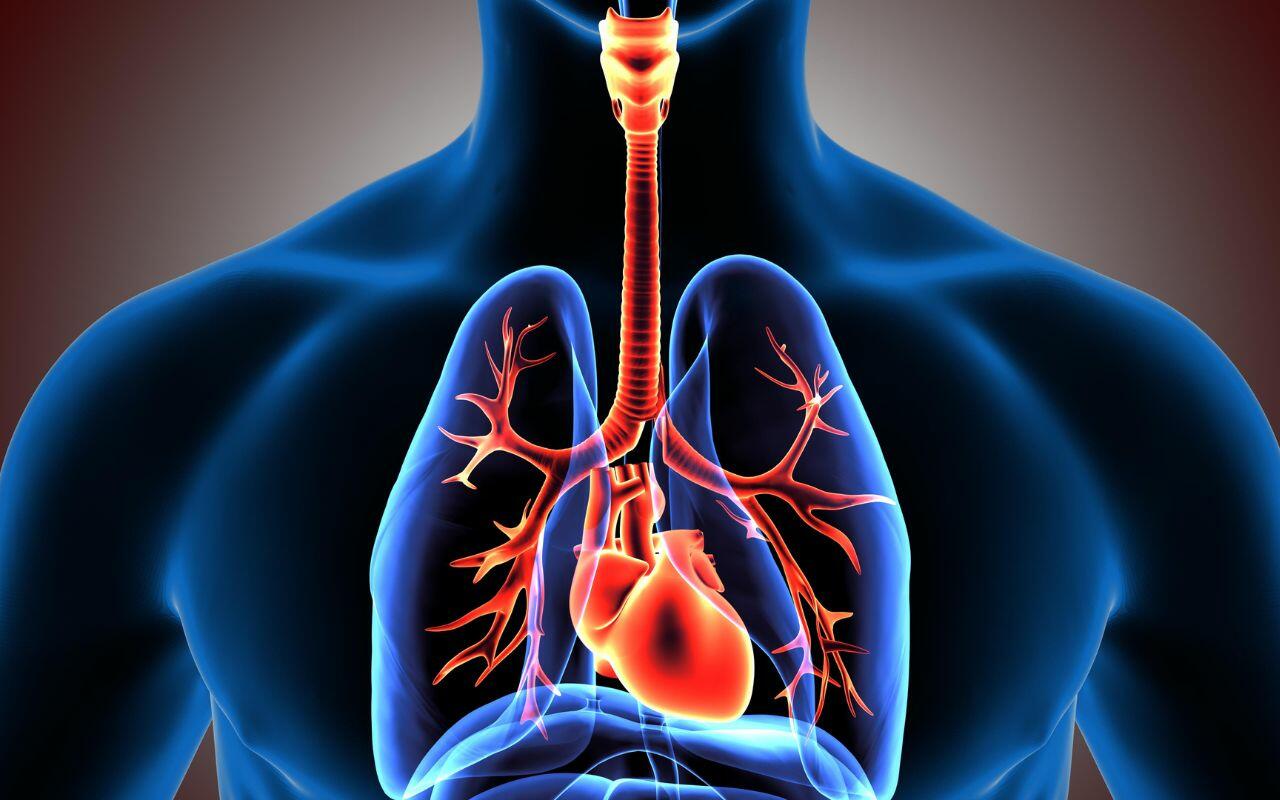
The respiratory system provides oxygen to our bodies. It allows us to take in oxygen and breathe out carbon dioxide using the lungs, nose, trachea, diaphragm, and intercostal muscles.
What Is An Upper Respiratory Infection?

Also known as a URI, an upper respiratory infection occurs in your nose, sinuses, or throat. This type of infection is spread through coughing, sneezing, or direct contact and includes the common cold, flu, sinus infections, and of course, COVID.
How Dental Care Helps Protect Your Respiratory System
Keeping regular dental checkups could help prevent severe respiratory infections. Your mouth is home to an oral microbiome consisting of millions of tiny oral bacteria. You depend on your microbiome as part of your first line of defense for fighting diseases caused by germs and bad bacteria. While it might seem all bacteria are bad, your microbiome has a balance of both bad bacteria that can lead to problems, as well as good bacteria that help combat sickness. The bad bacteria are the culprit behind things like bad breath and tooth decay. However, good bacteria have the opposite effect and promote oral and digestive health.
What Exactly Is Oral Microbiome?
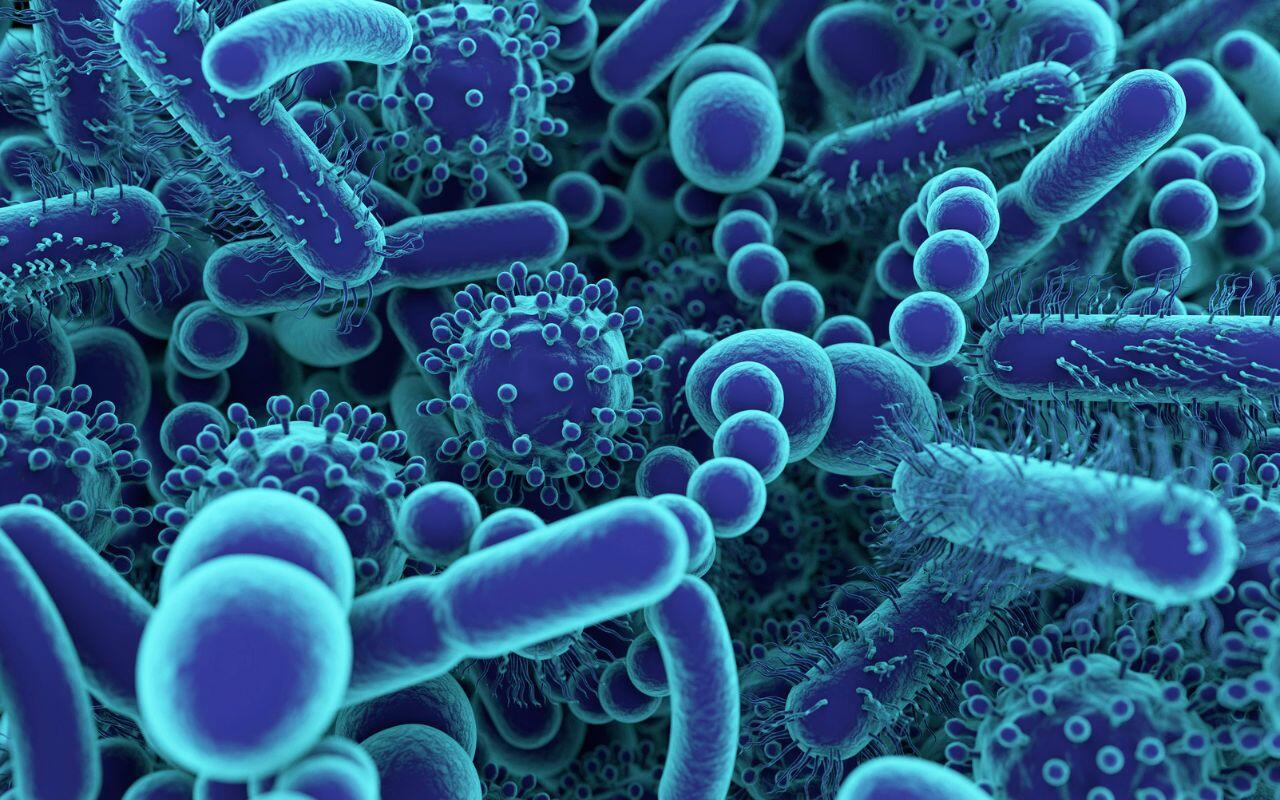
Your oral microbiome consists of over 700 different species of bacteria. Your healthy bacteria play an important role in protecting against tooth decay and combatting the bad bacteria that make you sick. Plaque is a biofilm that provides shelter for bad bacteria, leading to dental issues. However, because your mouth provides a gateway for pathogens, if you fail to maintain a healthy microbiome, pathogens can enter the rest of your system via blood vessels in your gums.
How Do Pathogens Enter The Body Through The Mouth?
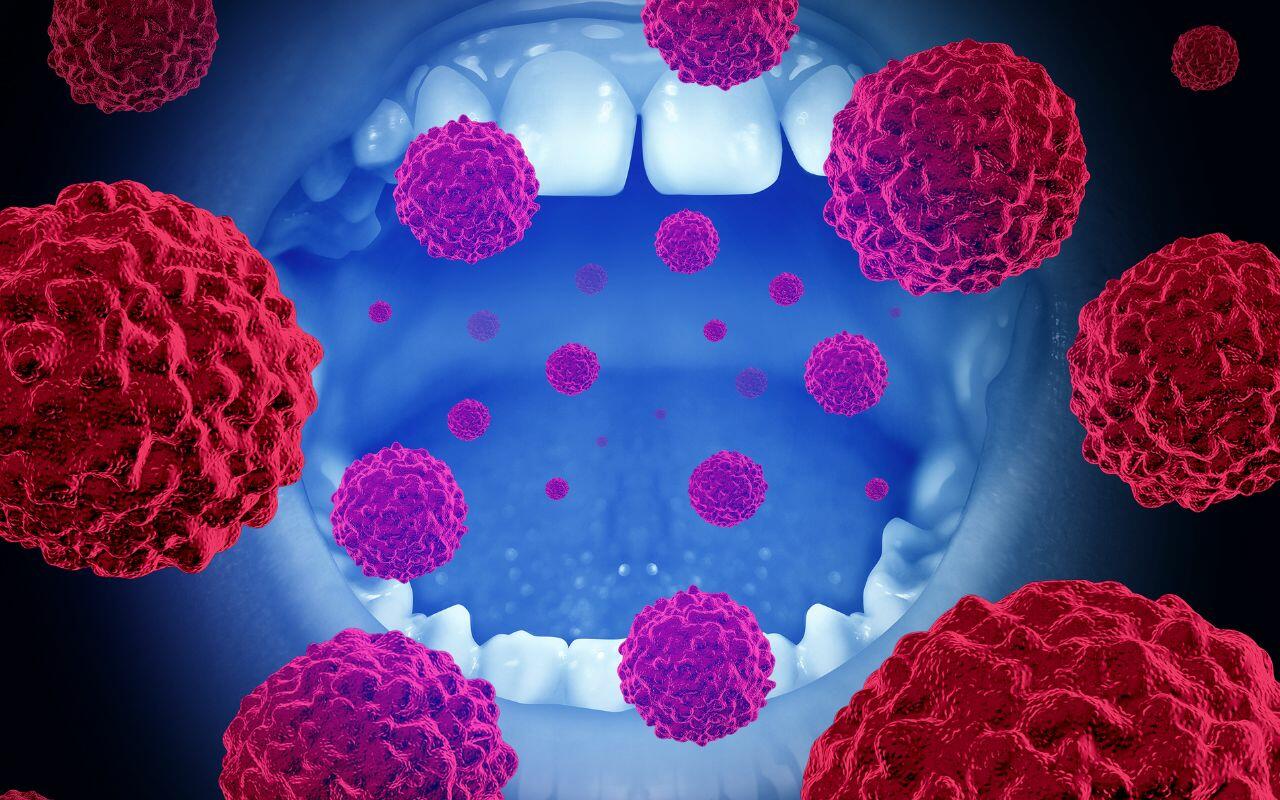
Pathogens in the mouth cause inflammation. This leads to periodontal disease and other oral infections that damage the tiny blood vessels in your gums. When this happens, oral bacteria can enter your bloodstream leading to issues such as diabetes, heart disease, and Alzheimer’s disease. In fact, these pathogens can even impact your mental health and cause issues such as depression.
Regular Dental Care Can Protect Your Airways
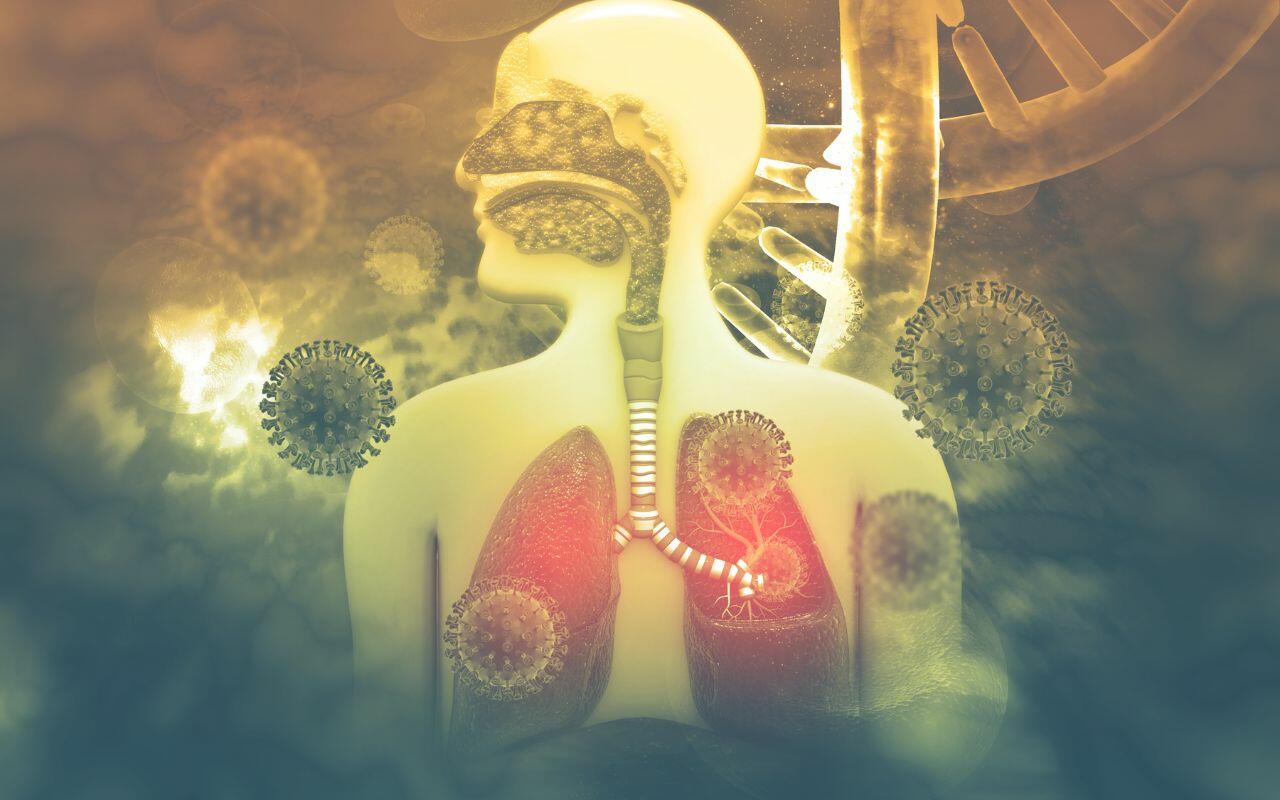
That brings us to your respiratory system. As mentioned, pathogens in the mouth can reach other areas of the body via the blood vessels. According to a recent study, you can increase your risk for more severe infections if you breathe bad oral bacteria through your mouth. This can bring germs like the SARS-Cov-2 virus into your lungs. Although doctors know poor dental health can contribute to inflammatory lung conditions, including the risk of pneumonia and chronic obstructive pulmonary disease (COPD), what the study shows is that if you have periodontitis, you aspirate higher volumes of oral bacteria. This puts you at risk of developing serious respiratory complications.
Controlling Periodontal Inflammation
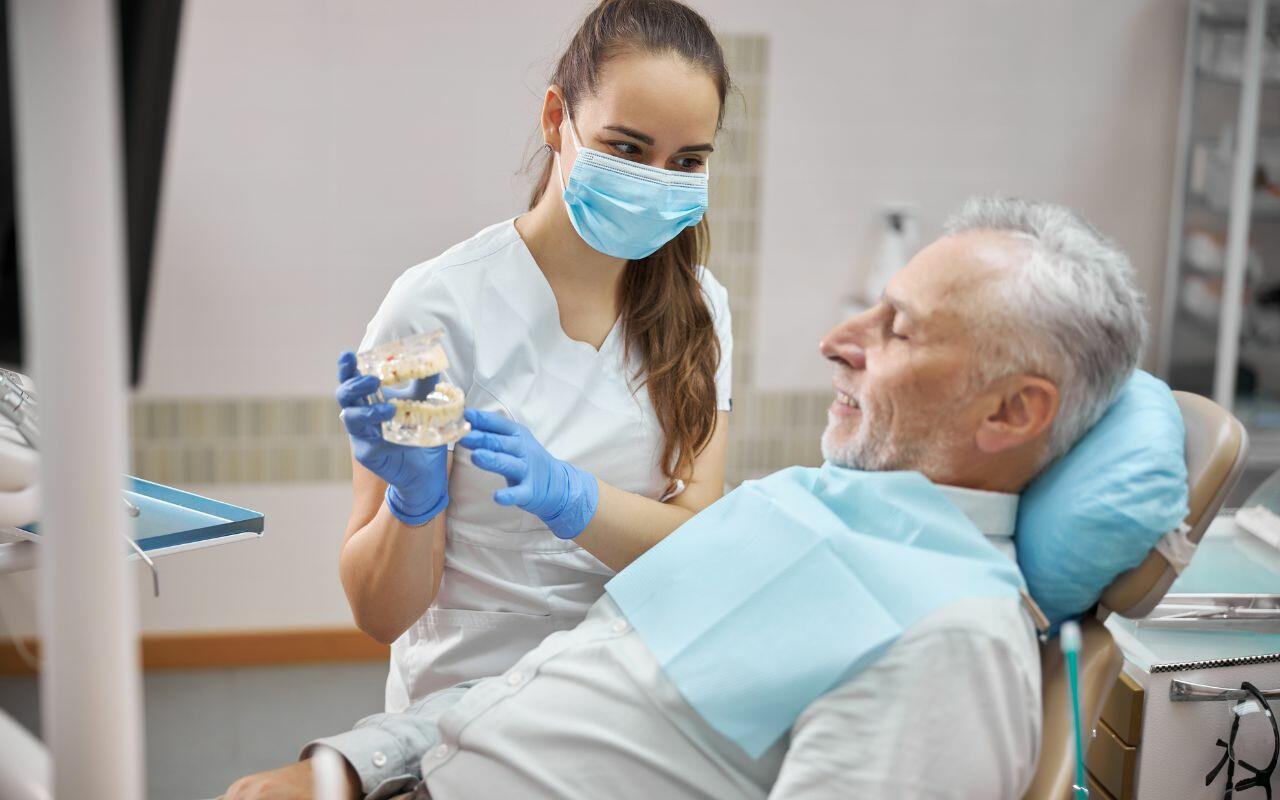
The bottom line is that you can protect against severe illness with regular dental care. Controlling issues that lead to periodontal inflammation can decrease the risk of developing complications like pneumonia. The best way to do this is to make sure you follow a strict oral health care regime, in hand with regular dental checkups, to watch for signs of gingivitis.
Proper oral hygiene is your best weapon to fight tooth decay and gum disease in its earliest stages. Preventative dental care is even more important for people who already suffer from pulmonary conditions. Timely reduction of inflammation is highly recommended, which means you should speak to your dentist to create a more effective strategy of preventative dental care.
What Are The Stages Of Gum Disease?
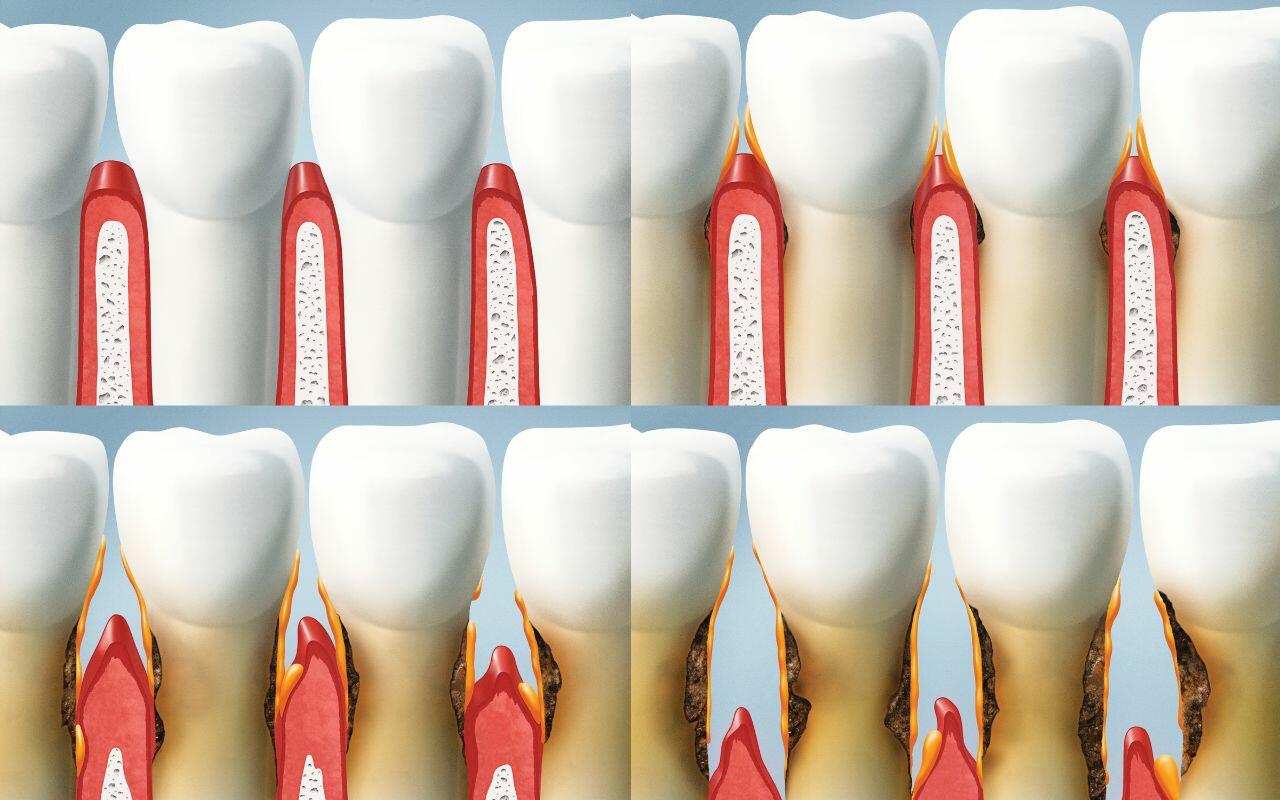
There are five stages of gum disease:
- Early stages: At this point, your teeth and gums are still quite healthy with little to no swelling or irritation. However, if you notice occasional gum bleeding, speak to your dentist right away. They can provide a more rigorous oral health care regime to get your gums back to optimum health.
- Gingivitis: This is an actual gum disease but still easy to address. In this case, you will see some irritation and swelling caused by plaque buildup on your teeth. Bleeding is more frequent, and you might also see a milky white discharge. It is still early enough to receive treatment which usually requires removing excess plaque and a more thorough brushing and flossing technique.
- Early Periodontitis: If you ignore the symptoms of gingivitis, you will progress to early periodontitis or periodontal disease. You will notice your gums are tender and paler in colour. This is because they are not receiving a healthy amount of blood. The plaque has now hardened into tartar, which can only be removed through professional cleaning. Your bone structure is also impacted, which means the anchors for your teeth are weakening. You must see your dentist right away to avoid serious infection and the risk of tooth loss.
- Moderate Periodontitis: Next, you will experience receding gums and tooth sensitivity with a higher risk for damage and decay. Your jaw is also weakening, which means your teeth will start to feel loose. Discharge from your inflamed gums will leave a bad taste in your mouth and increase the risk of infection.
- Advanced Periodontitis: You have now entered into full-blown advanced periodontitis, with noticeable gum shrinkage and discolouration at the bottom of your teeth, where they are now fully exposed. You are likely to lose teeth at this point because the infection has spread to your jawbone. Without treatment, tooth loss is certain.
An immediate visit to your dentist helps ensure you can receive treatment, even if it is advanced enough to need special cleaning and antibiotics. If you wait too long you face serious issues, including a higher risk for respiratory issues. Scheduling two annual checkups and ensuring proper oral hygiene at home is how dental care helps protect your respiratory system.
Call today to schedule an appointment at 905-775-5307 or click here to request an appointment.
